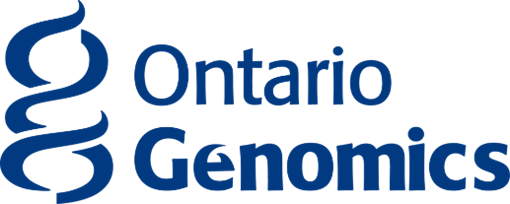
Project Overview
Dairy is one of Canada’s most important and dynamic industries, contributing substantially to Canada’s GDP. To maintain competitiveness, the Canadian dairy industry must focus on a wider perspective that adapts industry practices to match social and environmental values, namely reducing the environmental footprint. Currently, dairy accounts for around 36% of Canada’s livestock emissions and Dairy Farmers of Canada has committed to reaching net-zero greenhouse gas (GHG) emissions by 2050. To support this goal, this project aims to lower GHG emissions from Canadian dairy by 55% by providing a roadmap for GHG management integrating genetics and nutrition strategies.
The overall objective of this project is to provide farmers, industry stakeholders, and policymakers with a mitigation toolbox of knowledge, a pipeline to make emission calculations easier, more accessible, and adaptable to each farm so that farmers can monitor and manage their emissions and provide a robust and accurate cow/herd level estimate of GHG production for Canadian dairy animals.
What Will the Research Team Do?
The project will; (i) enhance the rate of genetic progress for reducing methane emissions; (ii) develop scientific protocols that quantify the impact and uncertainty surrounding GHG mitigation strategies; (iii) develop a roadmap and embedded toolbox for GHG management for bovines; and (iv) provide accurate estimates of individual level emissions for use in governmental policy and GHG inventories.
The objectives of this project are to:
- Estimate individual animal and herd-level emissions.
- Develop scientific protocols that quantify the impact of and uncertainties around GHG mitigation strategies (genetics, nutrition, and the interaction between the two).
- Quantify economic and environmental benefits of reducing GHG emissions through breeding and nutritional strategies.
- Consolidate GHG emissions data (including beef).
- Improve genomic evaluations for GHG emission in dairy cows with milk mid-infrared (MIR)-predicted methane and collected methane in growing (including beef) and lactating animals.
- Quantify the value of reductions in GHG emissions and options to incentivize uptake of mitigation approaches.
- Develop accurate and robust methods for estimating individual animal and herd-level GHG emissions for use in policy and GHG inventories at a national level.
Principal Investigators
Christine Baes
University of Guelph
Co-Investigators
Filippo Miglior
University of Guelph/Lactanet
Rachel Gervais
Université Laval
Paul Stothard
University of Alberta
Key Words
- Mitigation strategies, Methane Efficiency, herd monitoring and benchmarking tools, roadmap for methane mitigation
Period: 2023-2027
Budget: $16,196,780
Last Updated: July 10, 2024



